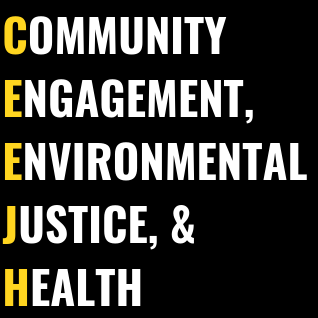Mosquitoes Tell a Tale of Environmental Injustice in Baltimore, MD
Community disinvestment in some of Baltimore low-income neighborhoods has created breeding grounds for mosquitoes.
In west Baltimore, Maryland, USA, disinvestment in housing and infrastructure has left an ecological legacy of mosquito infestation, along with many other social and environmental hazards. Ecological sampling techniques and resident narratives together tell a rich story about how racist housing and planning policies led to landscapes dominated by abandoned buildings, vacant lots, and sanitation problems, which in turn sustain invasive Aedes albopictus mosquitoes that bite and can transmit disease. However, the study’s focus on the seemingly narrow topic of mosquito control presented challenges for resident engagement and participation in a neighborhood troubled by broader issues of environmental and social injustice.
Further reading:
Jordan, R. C., Sorensen, A. E., Biehler, D., Wilson, S., & LaDeau, S. (2018). Citizen science and civic ecology: merging paths to stewardship. Journal of Environmental Studies and Sciences, 1-11.
Biehler, D., Baker, J., Pitas, J. H., Bode-George, Y., Jordan, R., Sorensen, A. E., ... & Leisnham, P. T. (2018). Beyond “the Mosquito People”: The Challenges of Engaging Community for Environmental Justice in Infested Urban Spaces. In The Palgrave Handbook of Critical Physical Geography (pp. 295-318). Palgrave Macmillan, Cham.


